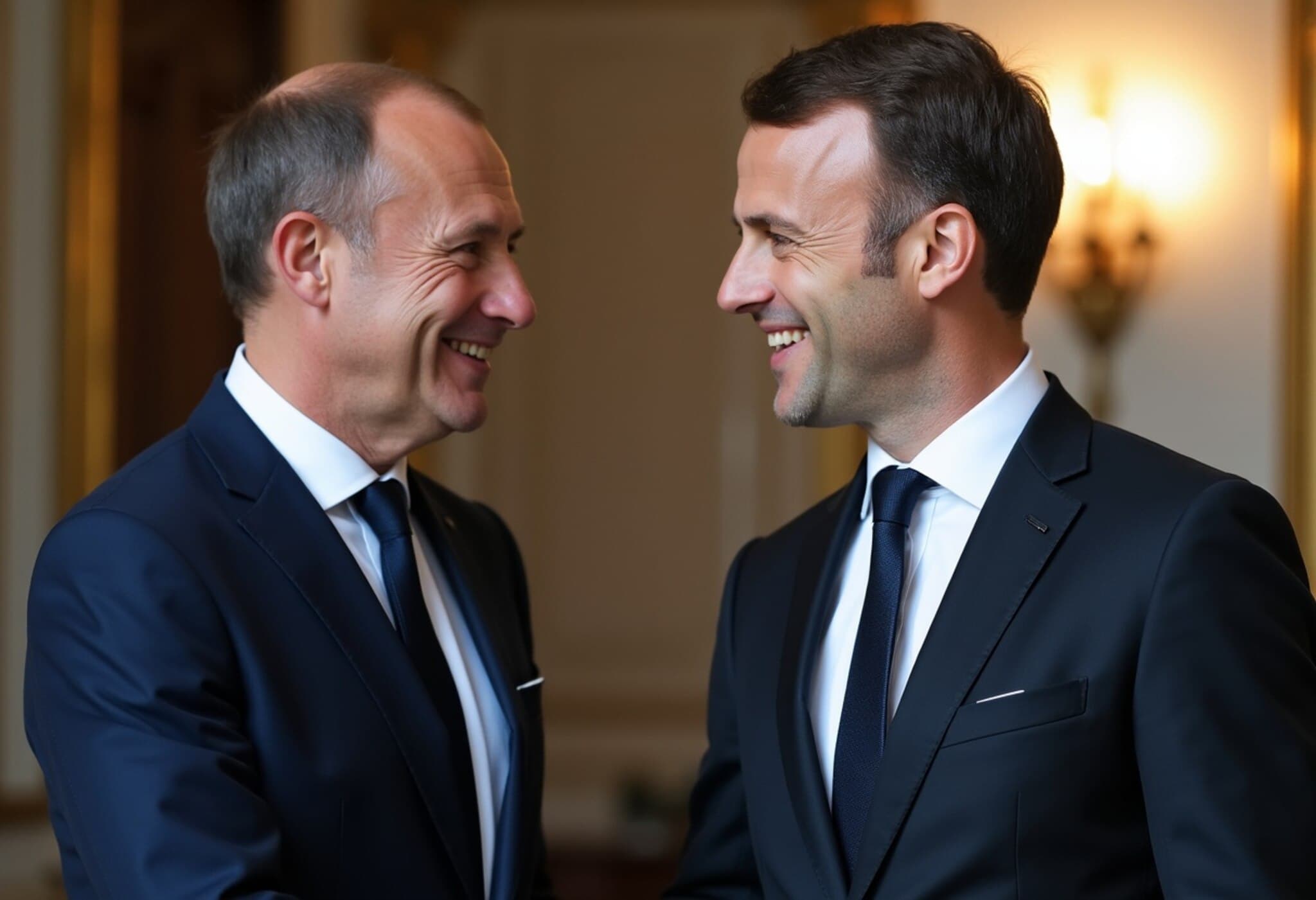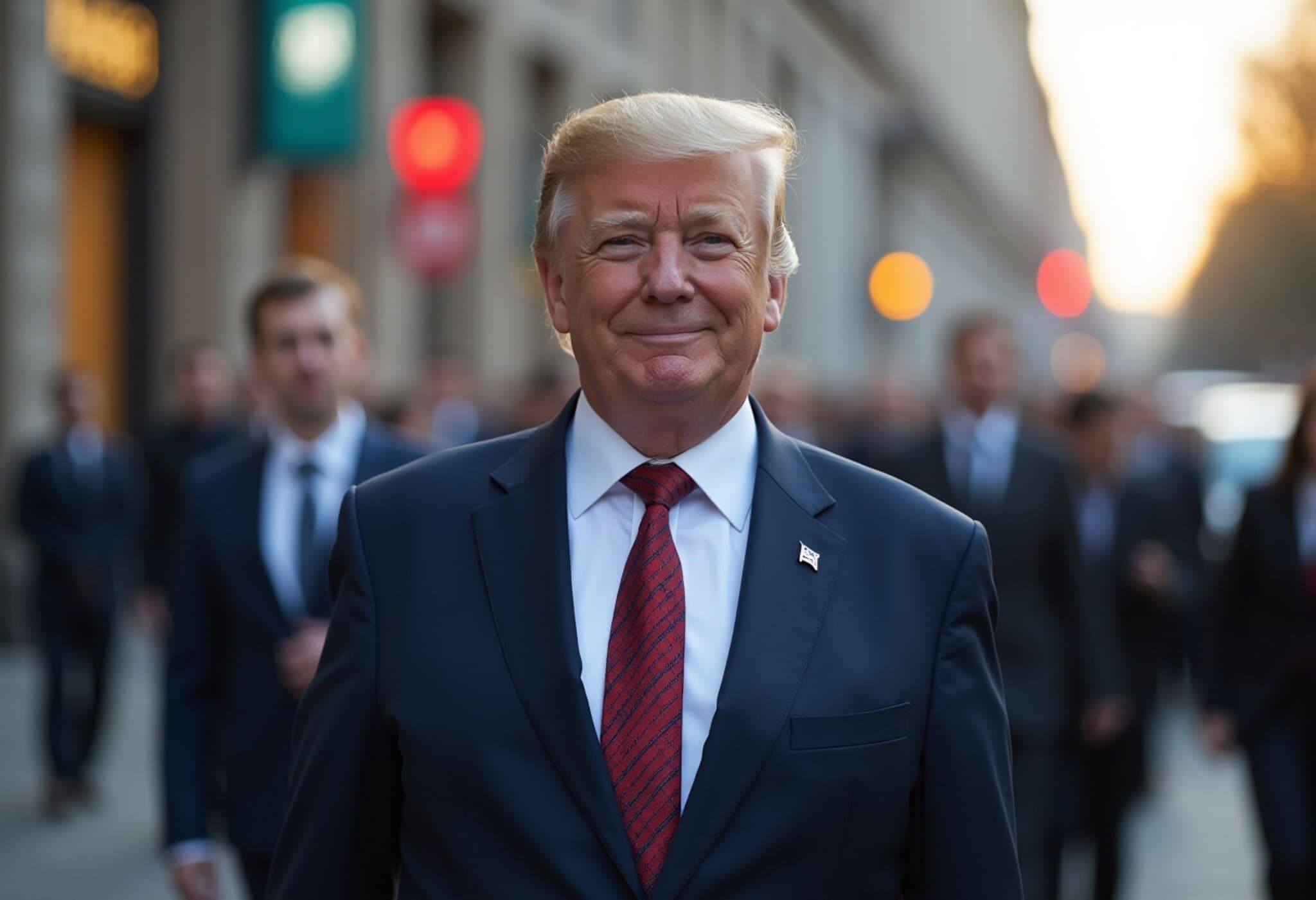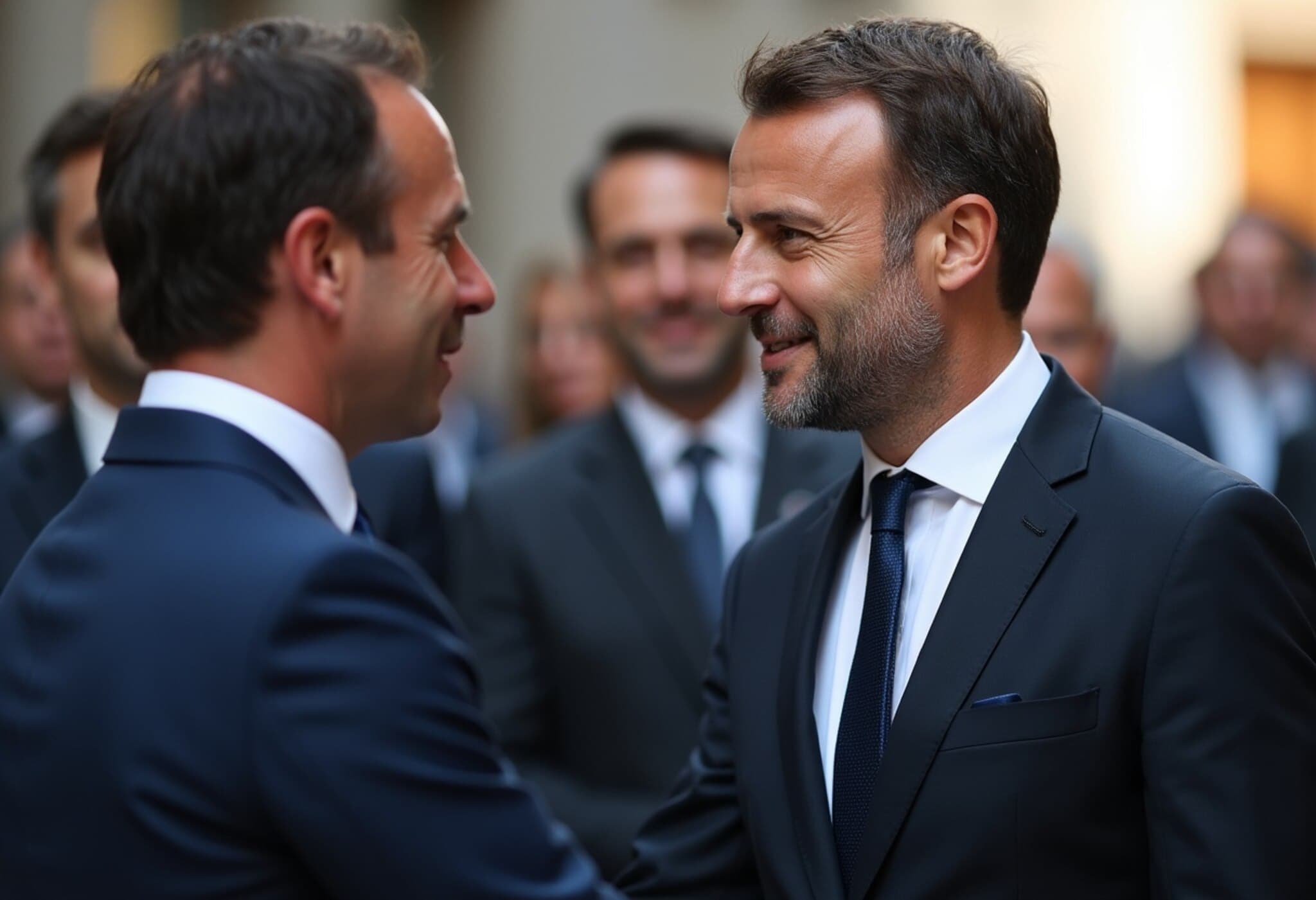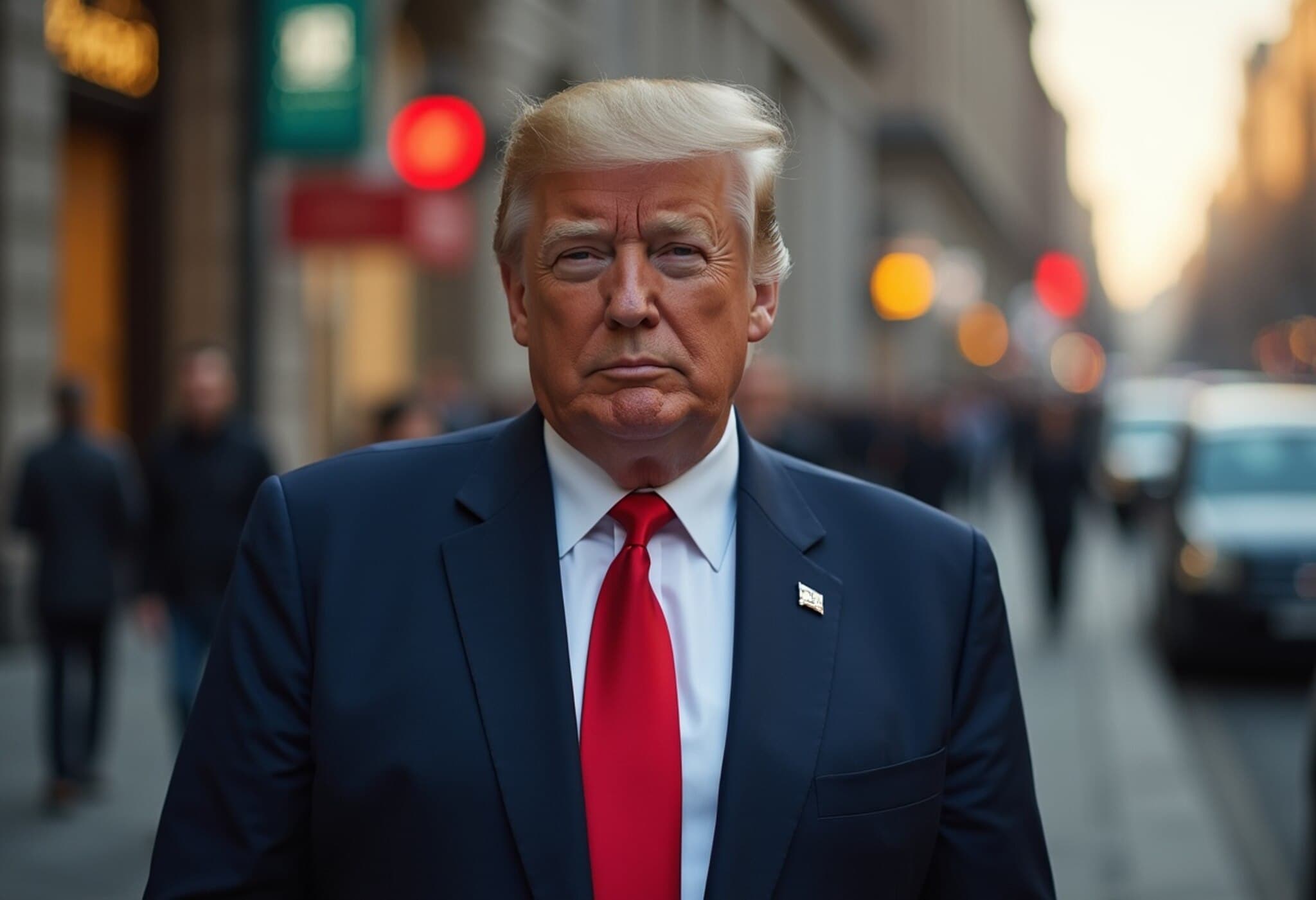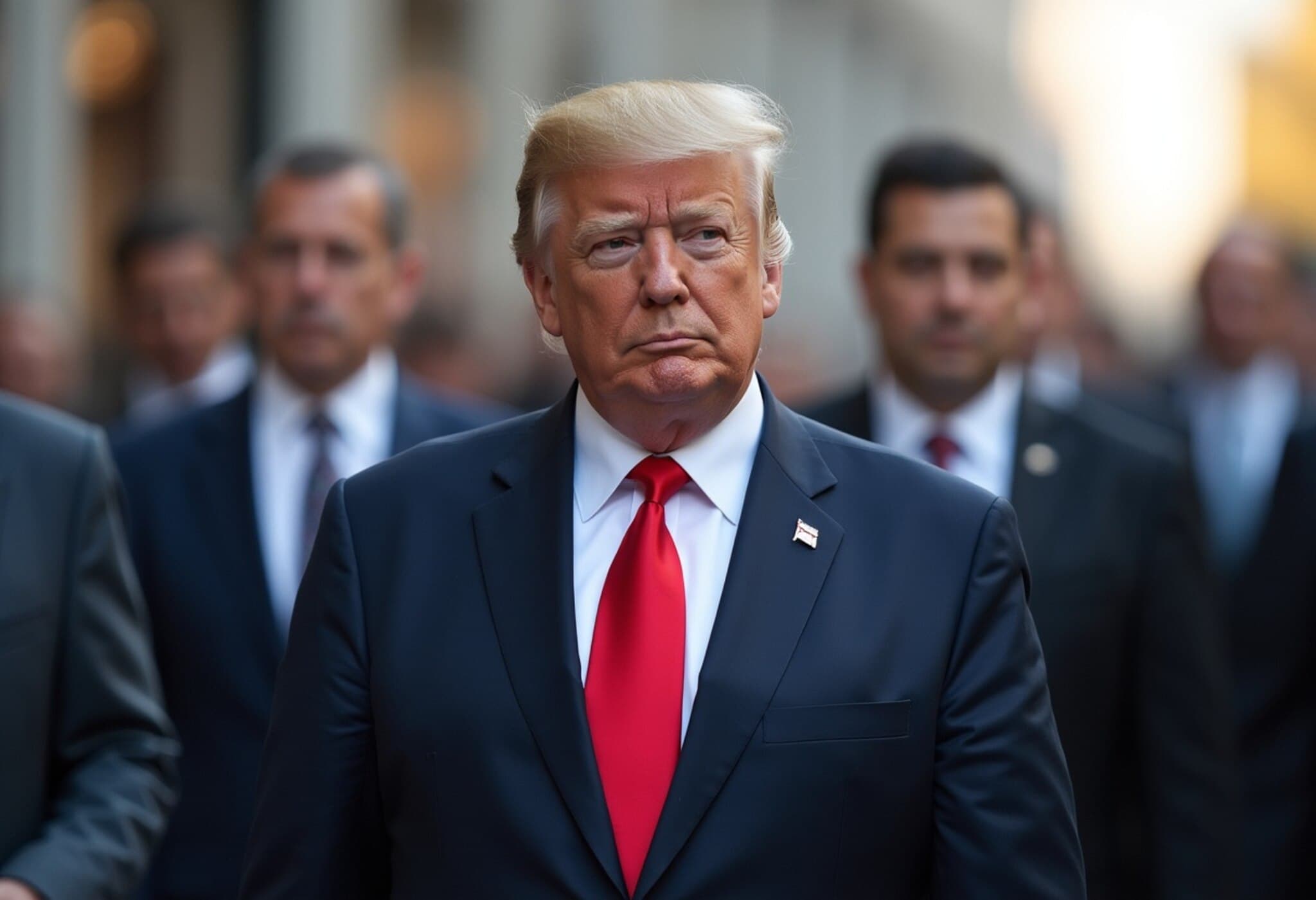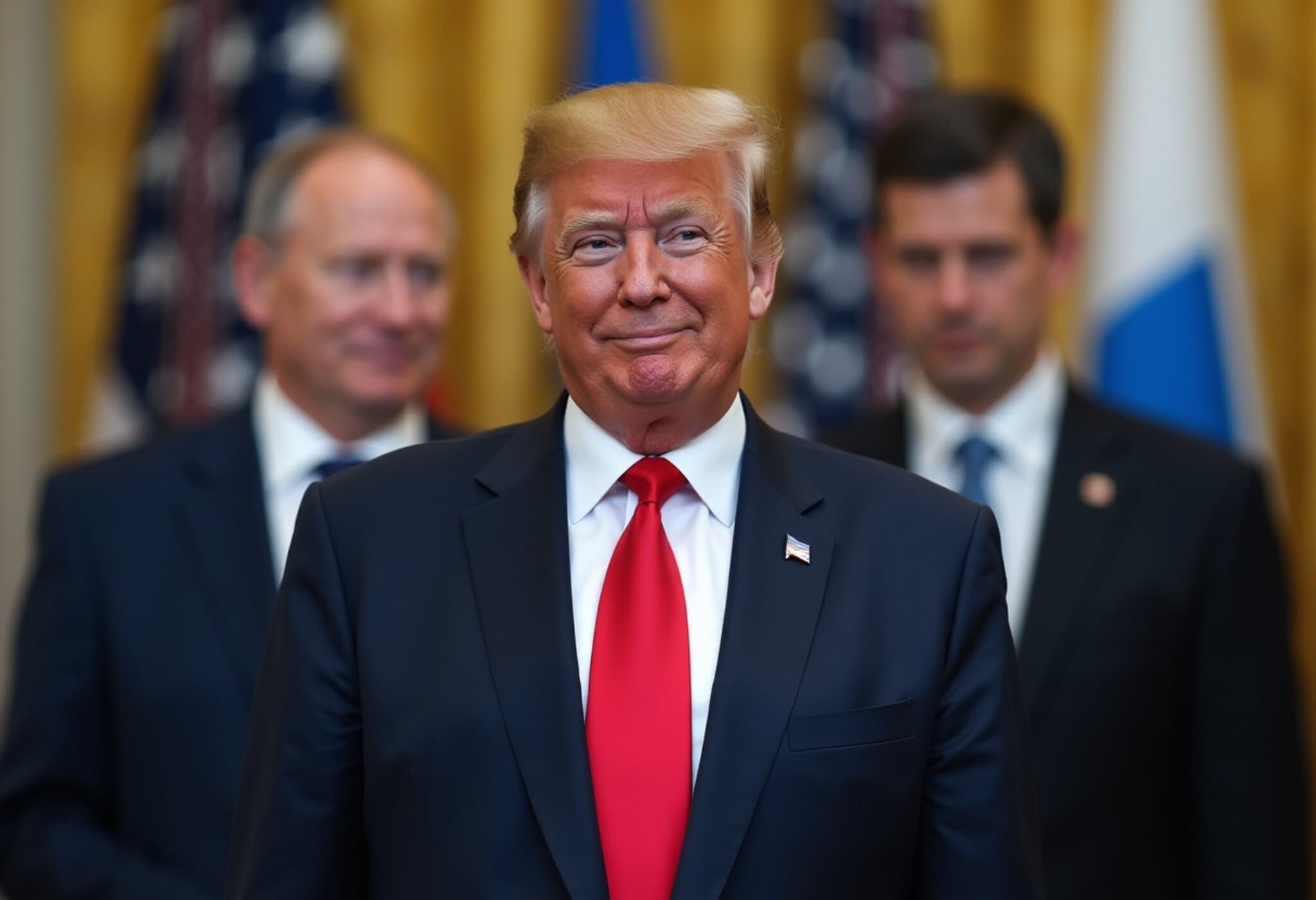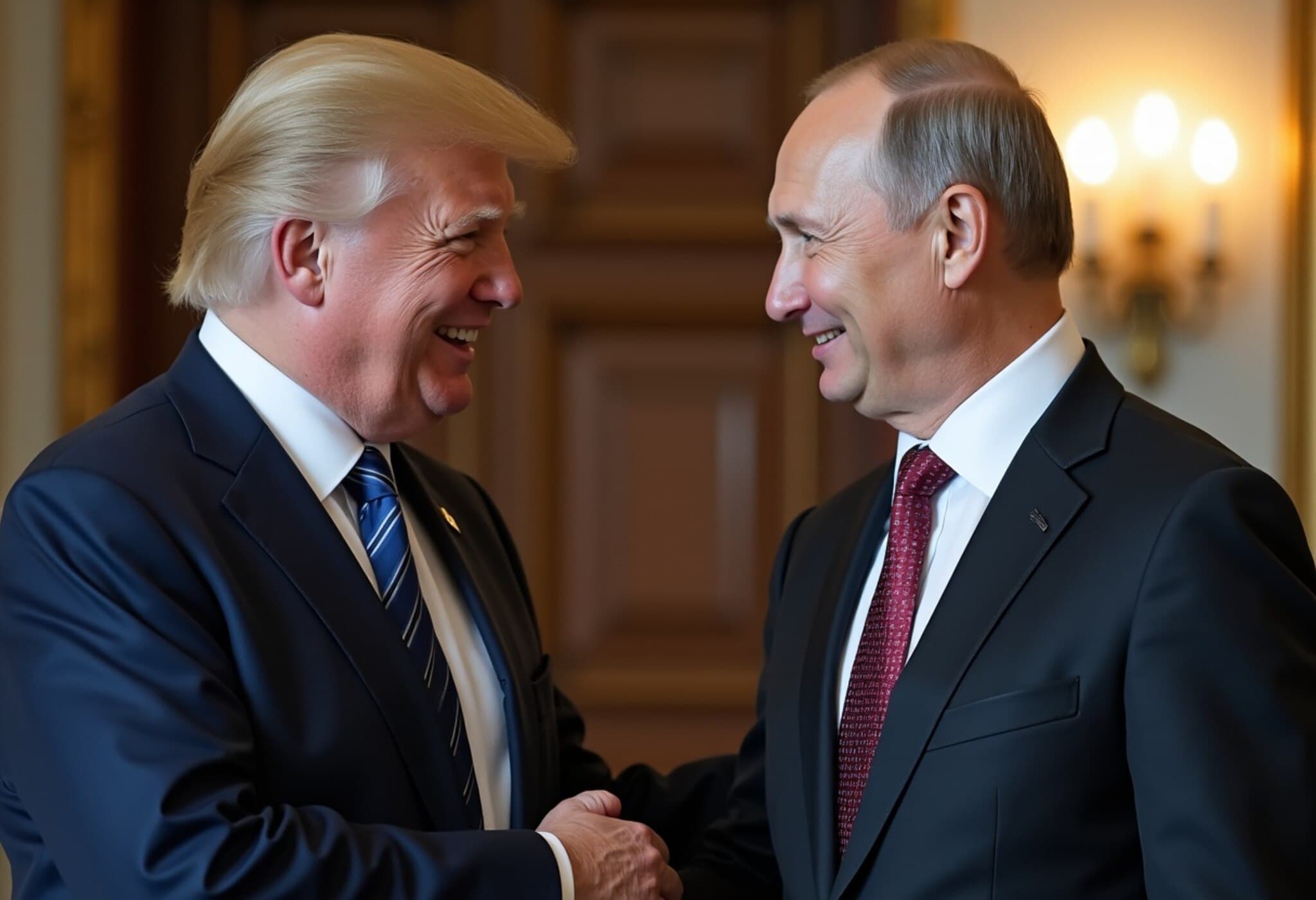Merz Declares Putin-Zelenskyy Summit Off as Ukraine Conflict Persists
In a significant development concerning the ongoing crisis in Eastern Europe, German Chancellor Friedrich Merz publicly acknowledged on August 29, 2025, that the much-anticipated meeting between Russian President Vladimir Putin and Ukrainian President Volodymyr Zelenskyy has been called off. This announcement came during a joint press briefing with French President Emmanuel Macron at the historic Bregancon Fort in southern France, where both leaders convened to discuss key bilateral and international issues.
Context of the Canceled Summit
For months, diplomatic channels have held out hope for a face-to-face dialogue between Putin and Zelenskyy, seen by many as a potential breakthrough to de-escalate the war in Ukraine — a conflict that has deeply affected global security and disrupted international economies. Chancellor Merz’s comment that the meeting was “obviously” no longer on the cards underscores the persistent challenges in bridging the chasm between Moscow and Kyiv.
Highlighting the contrast with recent diplomatic efforts, Merz referenced a recent encounter between former U.S. President Donald Trump and President Putin in Washington, which had raised expectations for similar engagements. However, the Chancellor clarified that the political reality on the ground has shifted, making such a Ukraine-focused summit untenable for now.
Strategic Implications for Europe and Beyond
During the joint session, Chancellor Merz and President Macron emphasized that the Ukraine war remains at the forefront of European strategic discussions. The leaders noted that upcoming cabinet-level talks between Germany and France will prioritize:
- Coordinated political and humanitarian responses to the ongoing conflict
- Strengthening economic ties and supply chain resilience between the two largest EU economies
- Efforts to streamline European bureaucracy to enhance policy agility and crisis response
As key pillars of European stability and influence, Germany and France’s close coordination signals a recognition that the Ukraine war’s repercussions extend well beyond the battlefield, touching energy security, migration, and broader geopolitical alignments.
Expert Perspective: The Road Ahead
International relations experts see Merz’s statement as a realistic, if sobering, assessment. Dr. Anna Keller, a senior analyst specializing in Eastern European affairs, commented, “While the absence of a direct Putin-Zelenskyy dialogue is disappointing, it reflects the harsh realities of an entrenched conflict. The focus now must be on sustained diplomacy via indirect channels and robust support for Ukraine’s resilience.”
From a U.S. policy angle, the recent Trump-Putin engagement underscored divergent approaches among Western allies towards Moscow, raising questions about alliance cohesion and strategy, particularly as Germany and France reaffirm their commitment to a collective European response.
Why This Matters
The failure to arrange a direct summit between Moscow and Kyiv means that international actors must grapple with a prolonged conflict that continues to fuel instability in Europe. It also challenges policymakers to innovate beyond traditional summit diplomacy and consider multifaceted approaches that blend economic sanctions, diplomatic pressure, and humanitarian assistance.
What to Watch Next
- Outcomes of the upcoming bilateral talks between Germany and France, especially regarding joint Ukraine policy.
- Potential shifts in EU-wide strategic posture towards Russia and Ukraine.
- Responses from other key global players, including the United States and NATO, following Merz’s announcement.
As the world watches, the absence of a Putin-Zelenskyy summit serves as a poignant reminder of the complexity and fragility of peace efforts in modern geopolitics.
Editor’s Note
This announcement from German Chancellor Friedrich Merz represents a critical juncture in the diplomatic narrative surrounding the Ukraine war. While disappointing, it also highlights the necessity for deeper, more coordinated strategies addressing the multifaceted consequences of prolonged conflict. Readers should consider the broader implications for European unity, transatlantic relations, and the evolving nature of international conflict resolution in a polarized world.

